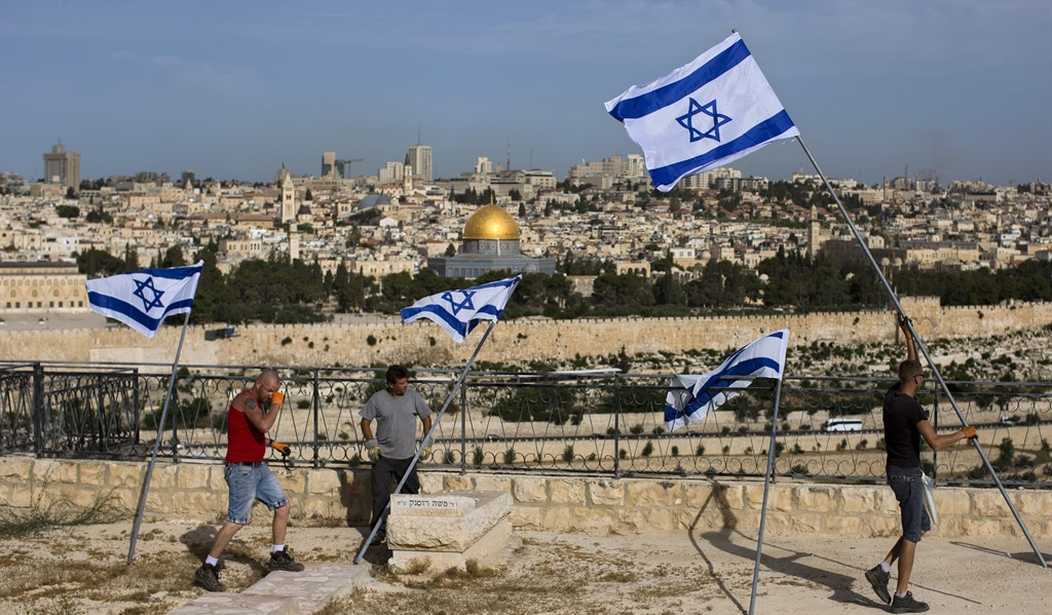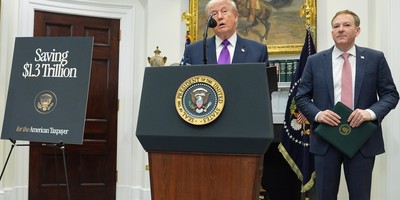You might have a hard time relating to Memorial Day, like I used to. Even though my grandfather and father were soldiers in the two World Wars, ours was not a military family. I didn’t know any soldiers, none of my friends were and nobody I knew in my community was one either. Vietnam was over by the time I was in high school. It was a time of relative peace and quiet.
Then I moved to Israel in my twenties and got married. Now my own children are soldiers. All of their friends are soldiers. Everywhere I look I know a soldier.
Israel has taught me about Memorial Day, and what I have learned may be instructive to you. In Israel, Memorial Day is a time of national reflection of our communal loss and grief. On Memorial Day here, TV and radio only play sad broadcasts. Every community has a special ceremony. Everybody knows somebody who died. We have many fallen soldiers because we have been in so many wars.
And on Memorial Day we also commemorate the deaths of terror victims. Unfortunately, my family falls into that category. In 2001, my son Koby was murdered with his friend Yosef Ish Ran when they were 13 in a cave very close to our home. Terrorists beat them to death with rocks.
So my family’s connection to Memorial Day in Israel is profound. It’s the one day that I know everybody is remembering the loss we carry all year long. But it is what we remember and the way that we remember that matters.
For memory is more selective that we realize. According to Professor Antonio Damasio, from the University of Southern California, “there are no permanently held pictures of anything, no microfiches or microfilms, no hard copies…memory is essentially reconstructive.”
Recommended
All of us have the opportunity to create different memories, not to fabricate memory but to allow protective memories to enter our lives so that memories of loss and pain can be surrounded by other positive memories. I don’t mean that we should distort or deny past memories. But we can highlight and create preferred memories, those that sustain and support us. We have the possibility of constructing a cluster of “surround events,” protective memories that motivate, mobilize, and liberate us. That is one of the keys to personal and collective resilience. But it’s hard to do alone.
For example, it was my friend Shira who intercepted the police that horrible day in May to tell us that Koby was dead. Even though that moment stands as the nadir of my life, the fact that she told us with love helps us because when I remember the trauma I also remember the love.
My husband and I created the Koby Mandell Foundation in our son’s memory. We run Camp Koby, a camp in Israel for bereaved children. We have worked with thousands of children. At camp we create alternate memories for our campers: memories of fun activities and therapeutic experiences like scaling a climbing wall or painting dreams.
Once at Camp Koby the activity was tossing eggs from the second story of a building. First the boys wrapped the eggs in tape or towels or pillowcases to protect them. Those eggs that didn’t crack were the winners. That activity is a perfect metaphor for trauma and loss and memory. Sometimes we can enclose our memories with protective cushioning, thoughts that nourish rather than shatter us.
So this Memorial Day, you might choose to visit a cemetery or speak to a fallen soldier’s family or write them an email or a letter. You might give the family a box of cookies or a plant to tell them that you are thinking of them, that you care, even if you don’t know them. Help other families create protective memories. Connect to Memorial Day.

























Join the conversation as a VIP Member